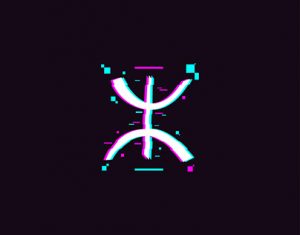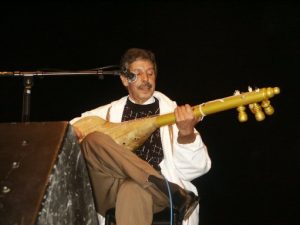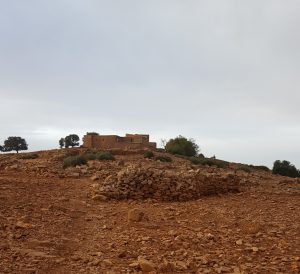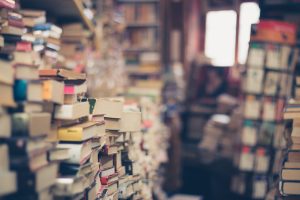These tales are told by Fadma Tainsirt. You can read the transcription of the original Tamazight and the English translation by Abdessamad Binaoui, preceded by an introduction by the editor and collector of the tales, Lhoussain Simour. Explore the translators and editors working on the project here.
Oral Literature from the Moroccan Middle Atlas
in Tamazight and English translation
Here you can listen to four Tamazight tales, told by Fadma Tainsirt, and read the transcription of the original Tamazight (Middle Atlas Berber) texts and the English translation by Abdessamad Binaoui, preceded by an introduction by the editor and collector of the tales, Lhoussain Simour.
You can also watch videos of two songs by the Amazigh musician and singer Mohamed Rouicha, find out about him and read the English translation of two of his well-known songs by Abdessamad Binaoui.
You can also find some bibliographical references on Amazigh culture and literature and explore Related Content, including materials on leading Amazigh women such as Meryem Demnati and Hindi Zahra and interviews with Tassadit Yacine and Lhoussain Simour on their work on Amazigh culture and literature – check the links below!

The MULOSIGE translations of Tamazight tales and songs aim to make this kind of literature/verbal art accessible to different kinds of audiences. Although we acknowledge the contested nature of the term “oral literature”, we have retained it here in order to reinforce our determination to valorise it in view of the marginalised position that oral literature is given by both national and global literary studies.
Oral Literature is a widely used but highly debated term as well. Critics of this term find ‘oral literature’ an unacceptable concept because it is etymologically linked to writing (the word ‘literature’ derives from littera, ‘letter’, in Latin), the use of which would express the researchers’ incomprehension of orality as mode of cultural production because of their own ethnocentric model of written activities (see Ong 1982). On the contrary, students of ‘oral literature’ emphasize the central role of individual artistry and entertainment in oral narratives, songs and poems as well as the existent continuity in the whole field of ‘oral and written literatures’. They oppose the dichotomy between orality and literacy established by the critics of the term ‘oral literature’ — a dichotomy defined as ‘the great divide’ — interpreted as biased in an ethnocentric approach (Finnegan 1973). Orature was introduced by the Ugandan scholar Pio Zirimu as a viable alternative to ‘oral literature’, but this term has seen limited diffusion.
Excerpt from “The debated concept of Oral Literature,” by Daniela Merolla in the Verba Africana project.




